Imagine a world where Russia emerged victorious from its war with Japan in the early 1900s. This outcome would have drastically altered the course of history.
Let's explore the fascinating possibilities that await us in this alternate timeline.
We'll examine how a Russian victory would have changed the balance of power in Europe and Asia, and the fate of nations like China and Korea.
Russia's Resurgence
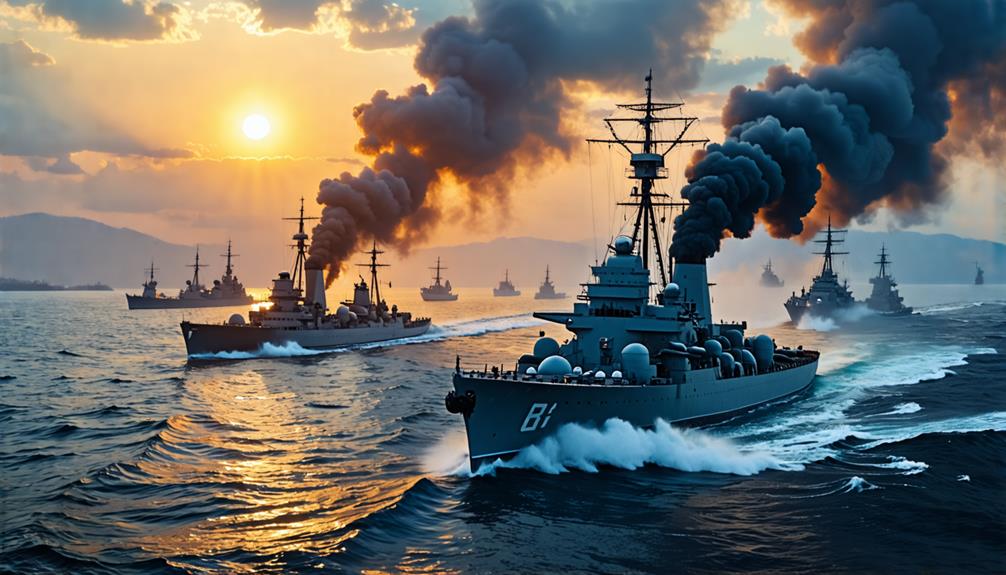
In an alternative history where Russia emerged victorious from the Russo-Japanese War, the nation's trajectory would have been reshaped.
One theory is that a triumphant Russia would have been emboldened to assert its influence on the global stage, leading to increased investment in military modernization and a more assertive foreign policy.
It could have meant changes to the balance of power in Europe and Asia, with Russia solidifying its position as a major player.
Interestingly, a similar scenario did occur later in history when the Soviet Union emerged as a superpower after World War II.
Japan's Stunted Rise
Had Russia emerged victorious in the Russo-Japanese War, it's possible that Japan's ascent as a dominant imperial force in the early 1900s would have been significantly hampered.
One theory is that Japan might've remained more isolated and focused on internal affairs, with slower military and economic growth due to the lack of confidence and territorial gains that came with defeating Russia.
It's conceivable that Japan's imperial aspirations and influence in Asia would have been reduced in this scenario.
However, it's worth noting that a similar situation did occur later in history, when the Soviet Union defeated Japan in the final days of World War II, leading to the occupation of some Japanese territories.
China's Fragmentation
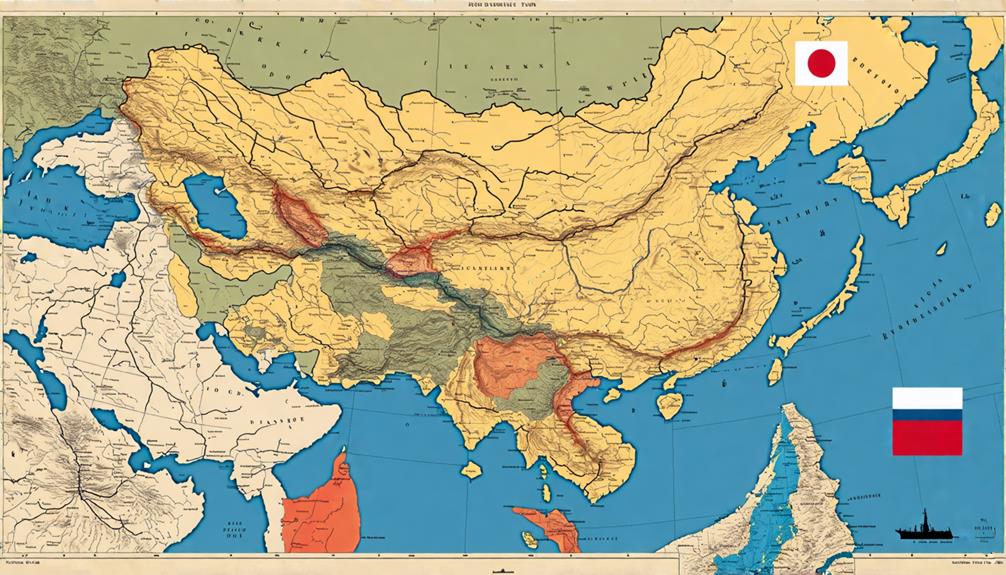
In an alternate timeline, a Russian victory in the Russo-Japanese War may have led to increased Russian influence over Manchuria and northern China.
One theory is that this could have spurred other foreign powers to demand more concessions from the weakening Qing dynasty, potentially hastening China's fragmentation.
It's possible that without a strong central government, China may have devolved into a patchwork of regions controlled by local warlords and foreign powers.
Interestingly, a somewhat similar scenario did play out a few decades later during China's Warlord Era in the 1920s, although under different circumstances.
Korea's Continued Subjugation
In an alternative history scenario where Russia emerged victorious over Japan, one possibility is that Korea would have remained a protectorate of the Russian Empire. This could have potentially led to the suppression of Korean culture and language, as well as exploitation of Korean resources for Russian gain.
It's conceivable that Koreans may have been treated as second-class citizens in their own land, and any resistance movements could have been brutally crushed by Russian authorities. However, it's important to note that this is just one theory, and the actual consequences could have varied.
Interestingly, a similar scenario did occur later in history, when Japan annexed Korea in 1910 and subjected Koreans to colonial rule until the end of World War II in 1945.
Delayed World War I
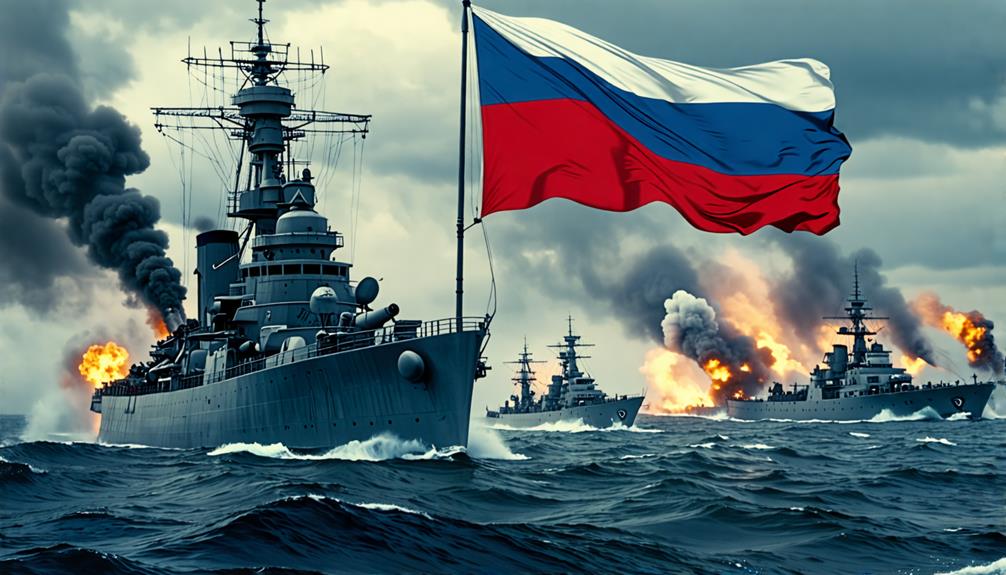
In an alternate timeline, Russia's victory in the Russo-Japanese War could have significantly delayed the onset of World War I. With a stronger Russia backing Serbia, Austria-Hungary may have been less inclined to take aggressive action, potentially preserving the alliance system and pushing back the start of the Great War.
One theory suggests that this delay could have allowed more time for diplomatic efforts to resolve tensions, while another proposes that it might've led to different alliances forming.
It's also possible that a later global conflict, similar to World War I, could have been triggered by another event or crisis, but with different participants and outcomes.
Tsarist Russia's Survival
In an alternate timeline where Russia emerged victorious from the Russo-Japanese War, the Tsarist regime's grip on power might've been strengthened. One theory is that the military triumph would have bolstered the prestige and popularity of the monarchy, potentially muting calls for reform and political change.
Economic development could have accelerated, and Russia might've strengthened its position in the Far East.
It's worth noting that a similar scenario did occur later in history, with the Soviet Union's victory in World War II leading to increased global influence and a consolidation of power under Joseph Stalin's regime.
Altered Alliances
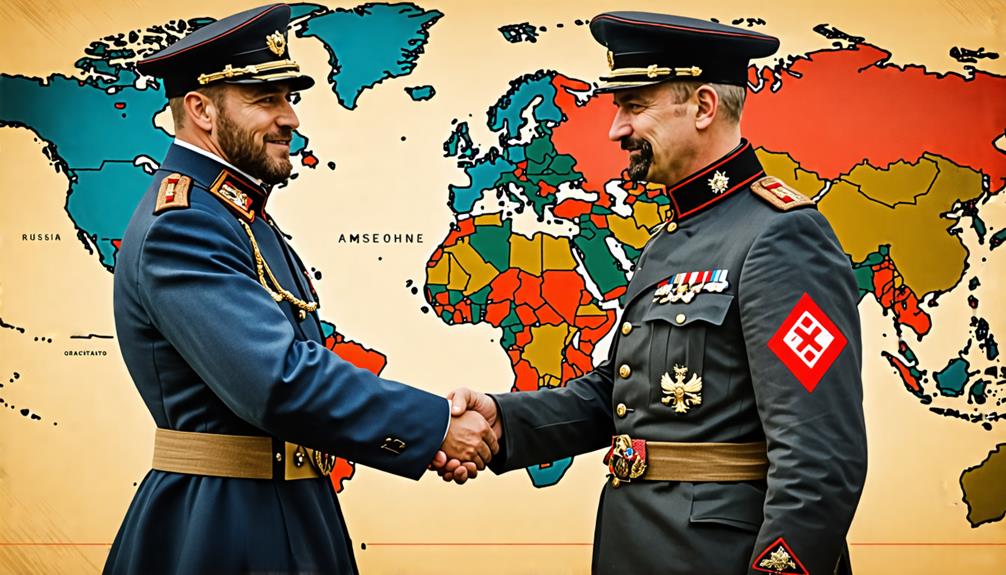
If Russia had emerged victorious in the Russo-Japanese War, it may have significantly altered the global power dynamics and alliances preceding World War I.
One possibility is that Russia would have strengthened its ties with France and Britain to counter the growing influence of Germany. Meanwhile, Japan, facing the humiliation of defeat, could have sought a closer alliance with Germany and Austria-Hungary.
These realigned alliances had the potential to greatly influence the trajectory of the Great War.
It's worth noting that a similar scenario was explored by author Robert Conroy in his 2009 alternate history novel '1901,' which imagines a world where Germany allies with Japan following the latter's defeat to Russia.
Economic Implications
Had Russia emerged victorious in the Russo-Japanese War, it may have significantly altered the global economic landscape of the early 1900s. Some historians theorize that Russian dominance over trade routes in the Far East would have expanded, potentially leading to growth in Russian industries and exports. Additionally, the influence of Japan and Western powers in Asia might've diminished as a result.
It's possible that these changes could have caused major shifts in the global balance of power and economic control at the time. Interestingly, a similar scenario played out decades later when the Soviet Union rose to superpower status after World War II, competing with the United States for global influence during the Cold War era.
Technological Divergence
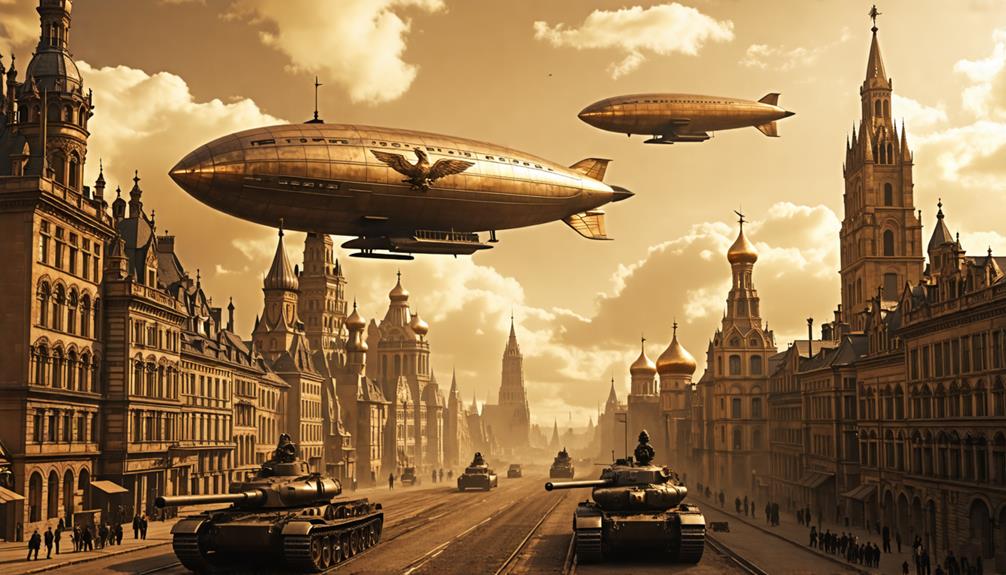
In this alternate timeline, Russia's victory in the Russo-Japanese War could have led to significant technological advancements and military modernization. One theory is that Russia would have heavily invested in infrastructure like railways, telegraphs, and heavy industry, potentially positioning itself as a major global power.
It's possible this scenario could have reshaped 20th-century geopolitics, with Russia developing advanced weaponry and a stronger navy.
While this specific alternate history didn't play out, some argue that the Soviet Union's rapid industrialization and military buildup in the 1930s under Stalin achieved a similar outcome at a later date.
Cultural Reverberations
In an alternate timeline, a Russian victory in the 1904-1905 Russo-Japanese War could have significantly altered cultural dynamics across Eurasia.
One theory suggests that Russian cultural influence might've increased in East Asia, while Japanese soft power and prestige would have diminished. This shift in power balance could have led to changes in how Asian populations perceived Western superiority.
Artistic and literary trends might've evolved differently, reflecting the altered geopolitical landscape.
It's worth noting that a similar scenario did occur later in history, with the Soviet Union's influence expanding across Eurasia following World War II.
Ultimately, the cultural reverberations of a Russian victory in 1905 would have been complex and far-reaching, leaving it up to historians and readers to speculate on the precise outcomes.
Conclusion
A Russian victory in the Russo-Japanese War would have been a stone thrown into the pond of history, its ripples altering the course of nations.
You'd witness a resurgent Russia, a diminished Japan, and a fractured Asia.
The drumbeats of war in Europe may have been delayed, but not silenced.
The world would be a different place, its destiny shaped by the outcome of a conflict fought on the far side of the globe.
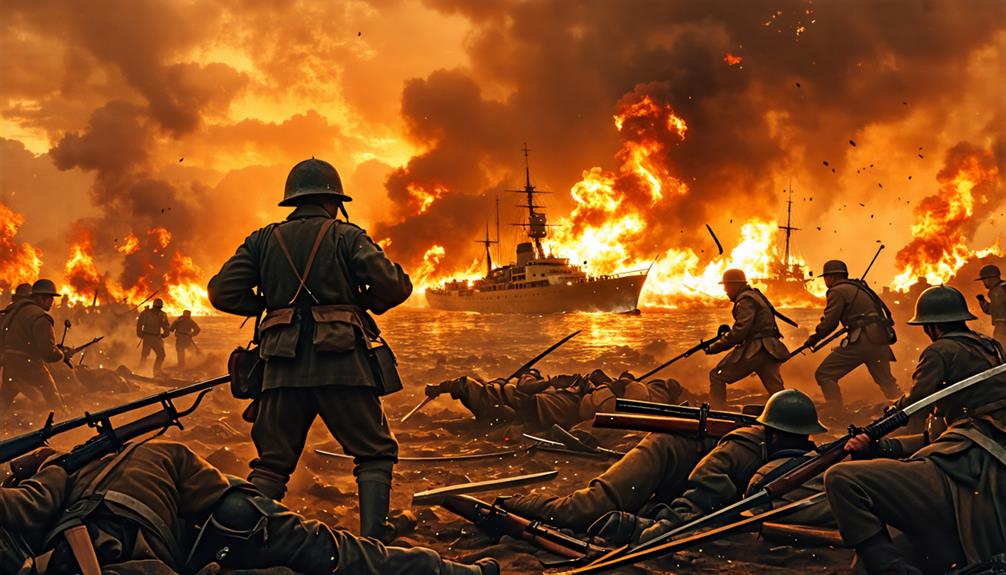
Leave a Reply